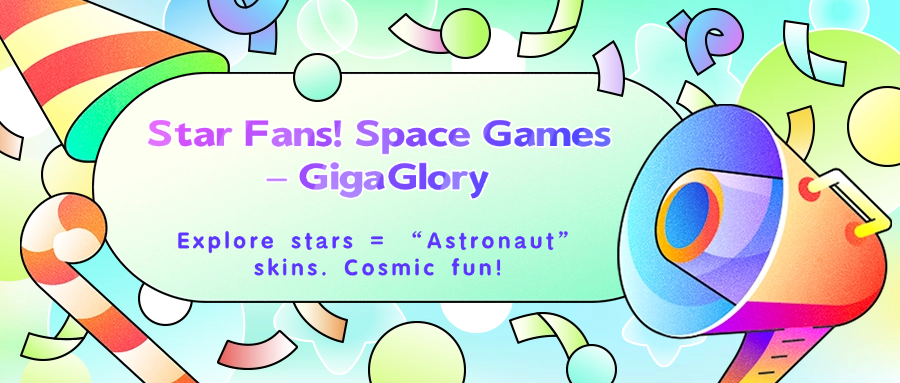Unlocking Learning: How Strategy Games Transform Education into Engaging Experiences
Introduction
In a world increasingly driven by technology, traditional educational methods often struggle to capture the attention of learners. Enter strategy games—an innovative approach merging entertainment with education. This article explores how these games transform the educational landscape, making learning exciting and impactful.
What Are Strategy Games?
At their core, strategy games require players to think critically, plan ahead, and make decisions that can influence the direction of the game. They can range from board games like "Risk" to digital formats like the popular EA Sports FC 24 game. Strategy games often incorporate elements of competition and cooperation, enhancing not just learning outcomes, but also social skills among players.
Educational Games: More than Just Fun
So, how do educational games differ from regular video or tabletop games? These games are specifically designed to facilitate learning while providing enjoyable experiences. For instance, players learn geography by navigating maps or enhance their math skills through resource management games. The aim is not only to educate but to create a memorable experience.
Critical Thinking Skills
Engaging in strategy games like "The Last War Miniatures Game" challenges players to develop critical thinking skills. They need to assess risks, predict opponents’ moves, and devise effective strategies. This kind of problem-solving is crucial in academic settings and real-life scenarios.
Social Interaction and Teamwork
Most strategy games promote social interaction. Whether players are teaming up to conquer challenges or competing against one another, the dynamics foster teamwork and cooperation. Developing effective communication strategies among peers can greatly enhance learning experiences.
Psychological Benefits of Gaming
The incorporation of games into education can lead to increased motivation and engagement. Players often experience a sense of accomplishment upon completing challenges, boosting their confidence as learners. Additionally, gaming helps in reducing anxiety associated with traditional learning methods.
Real-World Applications of Strategy Games
Many educators currently use strategy games in classroom settings. For example:
- Integrating the EA Sports FC 24 game into physical education to teach teamwork and sportsmanship.
- Using board games like "Settlers of Catan" to explain concepts in economics and resource management.
- Employing historical strategy games to teach history through interactive learning.
A Versatile Learning Tool
Strategy games can be adapted for various subjects, making them a versatile learning tool. Teachers can design lesson plans around these games, ensuring that they align with curriculum standards while also being fun. Here’s a quick table summarizing the subjects and related strategy games:
| Subject | Example Game | Learning Outcome |
|---|---|---|
| History | The Last War Miniatures Game | Understanding historical events and strategies |
| Mathematics | Calculus Chaos | Enhancing problem-solving and arithmetic skills |
| Economics | Monopoly | Understanding finance and resource allocation |
Challenges in Implementing Games in Education
Despite the numerous benefits, several challenges exist when integrating strategy games into education:
- Resource limitations: Not all schools can afford the necessary materials or technology.
- Teacher training: Many educators may lack the training to effectively incorporate games in their teaching.
- Curriculum alignment: Ensuring games meet educational standards can be difficult.
Choosing the Right Strategy Game
When selecting games for educational purposes, it's important to consider factors such as the age group, educational goals, and the type of content being taught. Some games are more suited for certain subjects, while others can be multi-disciplinary.
Conclusion
In conclusion, the integration of strategy games into the educational system holds immense potential for transforming learning experiences. They teach critical thinking, foster social connections, and enhance engagement and motivation. By addressing the challenges and strategically selecting appropriate games, educators can unlock a new dimension of learning that resonates with today's students. Whether it’s through the tactical maneuvers of "The Last War Miniatures Game" or the competitive sportsmanship found in the EA Sports FC 24 game, the future of education is being redefined. In a world where students often disengage from traditional learning methods, strategy games could be the key to rekindling their passion for knowledge.



